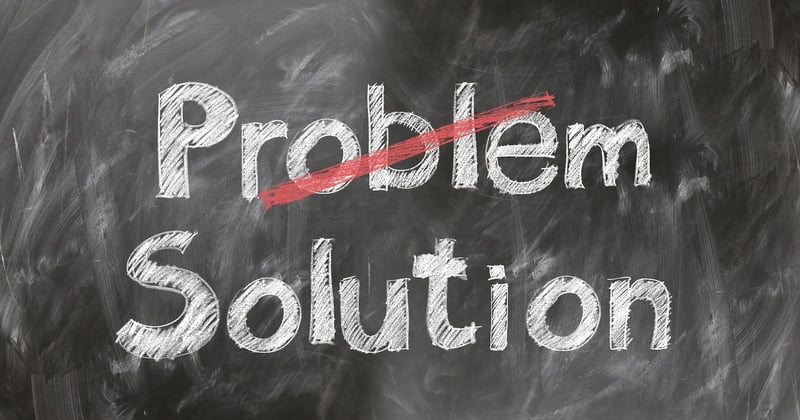Commercial Solutions
The Future of Food Production: Innovative Solutions for Commercial Success
In today's rapidly evolving world, the food industry is constantly seeking innovative solutions to meet the demands of a growing population while ensuring sustainability and efficiency. Commercial success in food production requires a blend of cutting-edge technology, sustainable practices, and consumer-centric approaches. Let's explore some of the groundbreaking trends and solutions shaping the future of food production.
1. Vertical Farming
Vertical farming is revolutionizing the way we grow crops by utilizing vertical space to maximize production in urban environments. By stacking layers of crops in controlled indoor environments, vertical farming reduces the need for large land areas and minimizes water usage. This innovative approach ensures fresh produce year-round, making it a lucrative commercial solution for urban food production.

2. Smart Packaging
Smart packaging technologies, such as active packaging and intelligent labels, are transforming the way food products are stored, transported, and consumed. These innovative solutions help extend the shelf life of products, reduce food waste, and enhance food safety. Commercially, smart packaging offers a competitive edge by ensuring product quality and traceability throughout the supply chain.

3. Plant-Based Alternatives
The rise of plant-based alternatives to meat and dairy products is reshaping the food industry. With a focus on sustainability and health, plant-based products offer innovative solutions for consumers seeking ethical and environmentally friendly options. Commercially, investing in plant-based alternatives presents lucrative opportunities to cater to the growing demand for plant-forward foods.

4. Blockchain in Food Supply Chain
Blockchain technology is enhancing transparency and traceability in the food supply chain, from farm to fork. By enabling secure and decentralized record-keeping, blockchain ensures the authenticity and quality of food products, reducing the risk of fraud and enhancing food safety. Commercially, integrating blockchain offers a competitive advantage and builds trust with consumers concerned about food provenance.

5. Precision Agriculture
Precision agriculture leverages technology such as drones, sensors, and AI to optimize farming practices and maximize crop yields. By collecting real-time data on soil conditions, weather patterns, and crop health, precision agriculture enables farmers to make informed decisions and minimize resource wastage. Commercially, adopting precision agriculture solutions results in increased productivity and sustainable farming practices.

Embracing innovation in food production is key to achieving commercial success in a competitive market. By staying ahead of trends and implementing cutting-edge solutions, food producers can meet consumer demands, drive profitability, and contribute to a sustainable future for the food industry.
References:
ScienceDirect - Innovative Food Production Technologies
Frontiers in Nutrition - Future Foods: What Will We Be Eating in 20 Years?
